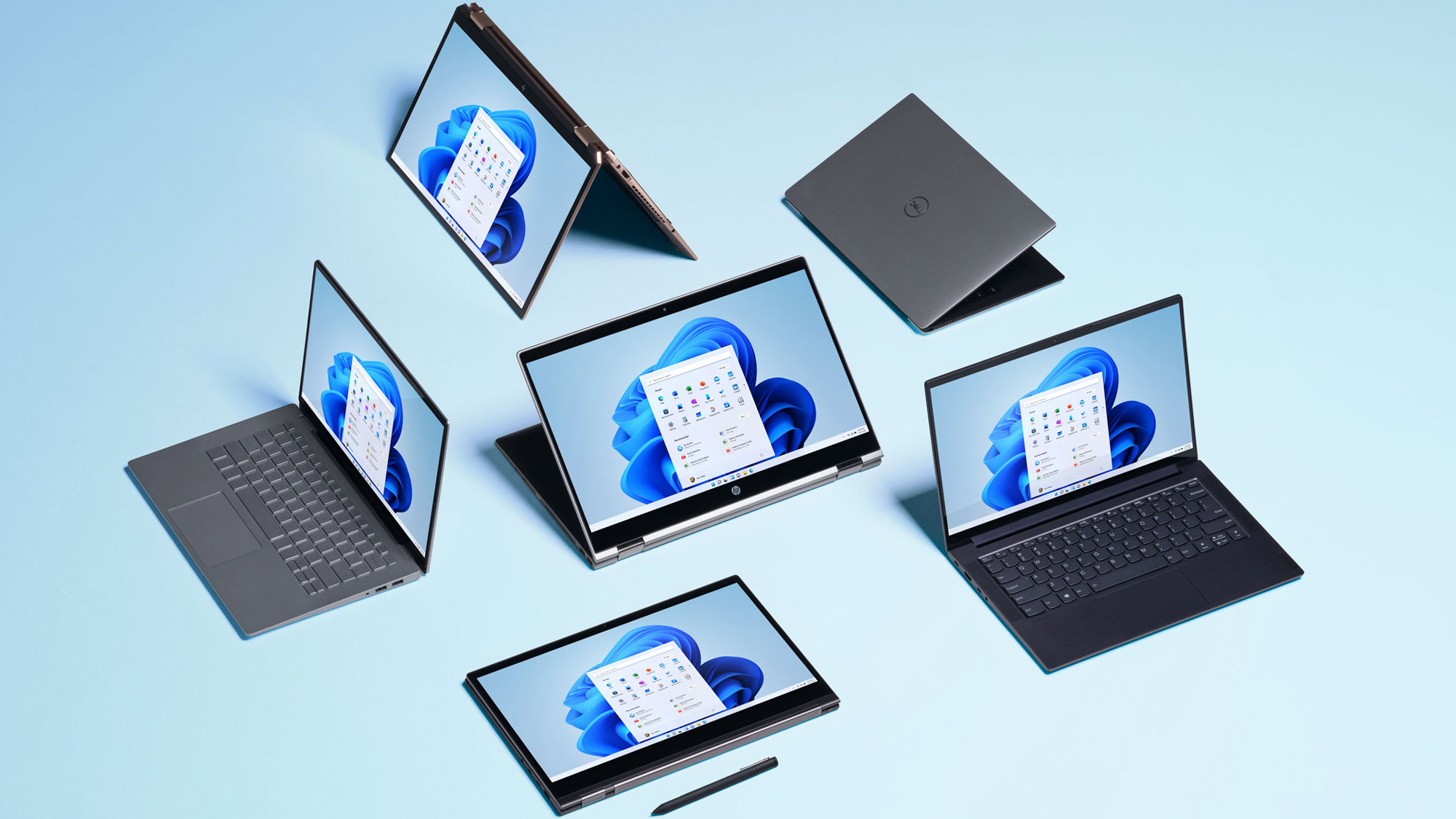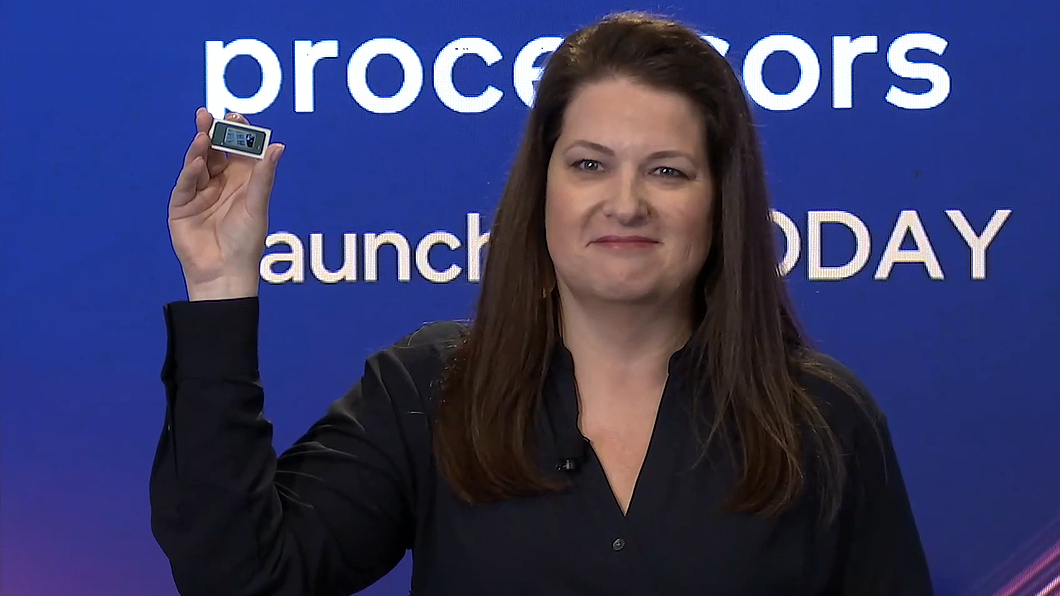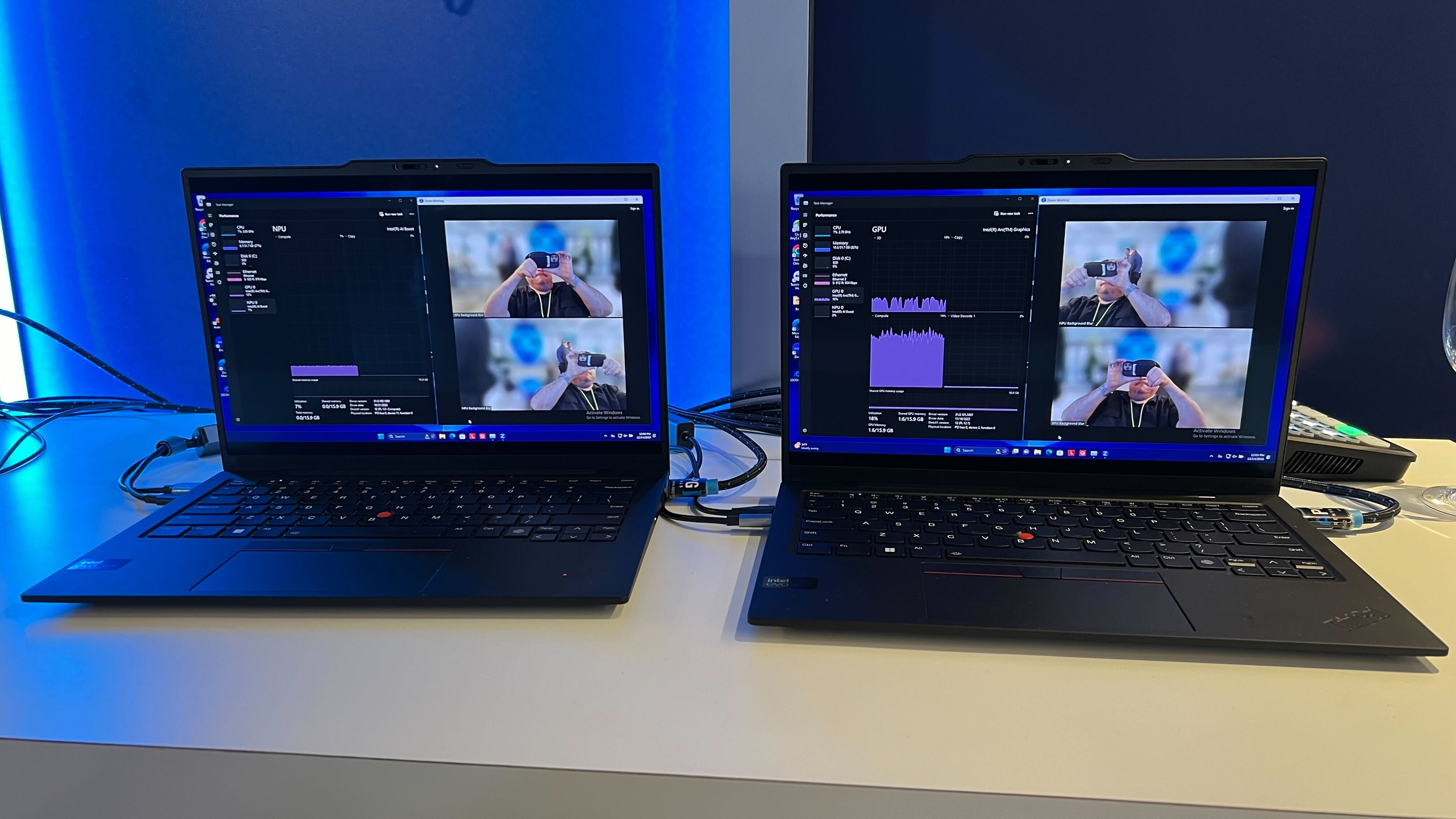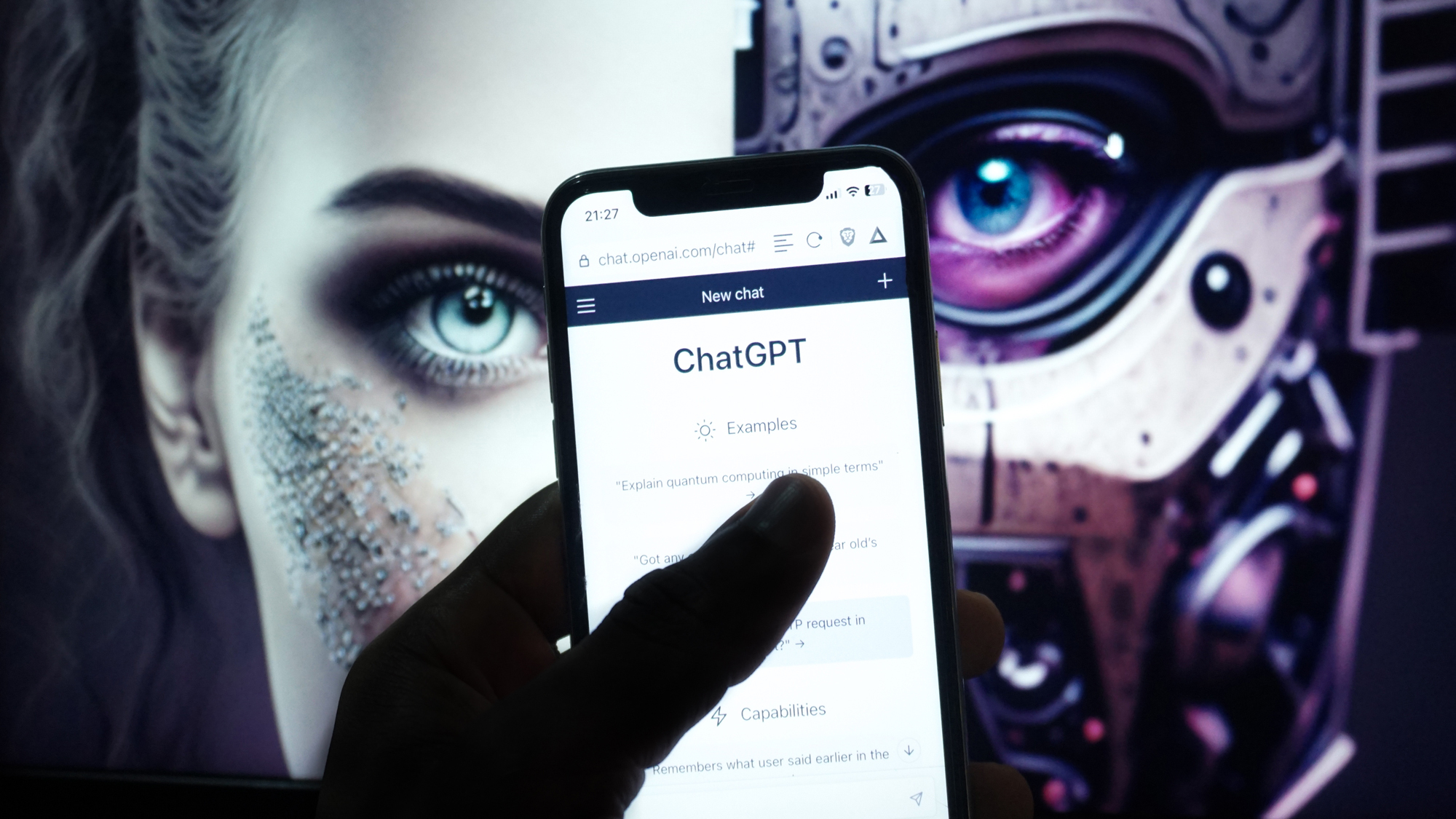Intel wants its chips inside 100 million 'AI PCs' by 2025
Intel is pinning its hopes for a post-pandemic recovery on AI PCs

Word out of Barcelona is that the "AI PC" revolution is coming, whether you want it or not.
I say that because Intel executives speaking to Nikkei Asia this week at Mobile World Congress (MWC) in Spain laid out plans to put their chips inside 100 million AI PCs by 2025. That's an awful lot of computers to ship in two years (40 million this year and 60 million next year), and it's clear Intel is going to be pushing both its hardware partners and software developers to achieve this goal.

This is a big deal for anyone who is thinking about purchasing a Windows 11 PC in the next few years, because Microsoft and basically every major PC maker appears to have hopped aboard the AI PC bandwagon. And while there may be some real, radical, game-changing benefits to come out of this shift, the underlying motivation is pretty basic: money.
That's because we've seen a steep decline in PC sales over the last two years or so. After the remarkable surge that happened during the worst of the pandemic, when so many people were purchasing new devices to work or study remotely, PC sales have seemed lackluster. But while analyst firms like IDC have reported that PC sales have continued to decline through the end of 2023, they do seem bullish on them rising in 2024 — in part because Intel and other PC makers look to be going hard on marketing the AI PC as a game-changer for work and play.
Intel is one of the biggest pushers of the AI PC because its recently released Meteor Lake CPUs sport a new design with an onboard NPU (Neural Processing Unit) optimized for the sort of work that many "AI" applications do, like blurring the background on video calls. These Meteor Lake laptops are on sale now, but after using one myself I can tell you that there aren't many applications or Windows features which take advantage of the NPUs on these new chips...yet.
But Intel and Microsoft (and much of the PC industry, it seems) are counting on there being a lot more your AI PC can do by 2025. Intel's David Feng told Nikkei Asia that Microsoft and Intel are working together to try and "define" the value of an AI PC, uniting the promise of Intel's Meteor Lake chips with the potential of Microsoft's Copilot "AI" chatbot and the newly-added Windows Copilot key. While Copilot can't do much yet, Intel seems to be actively pushing developers to find cool new ways to use its latest chips.

"We are in the business of selling performance [of chips], selling the performance of CPU and GPU, and the whole package of chipsets," Intel VP David Feng told Nikkei Asia. "Now we are truly in the business of selling experiences. ... I am describing something that can only be brought to life by software, so there is an increasing need for having collaborations with application developers."
Sign up to get the BEST of Tom's Guide direct to your inbox.
Get instant access to breaking news, the hottest reviews, great deals and helpful tips.
That's potentially very exciting, because the promise of a PC that can intelligently assist you and do a lot of the gruntwork of day-to-day life without your input is enticing. But I review laptops for a living, and here in the first quarter of 2024 I've yet to see any implementation of "AI" or Copilot that would convince me to buy a new PC.
Outlook
Intel's plan to be powering 100 million AI PCs by 2025 seems like a good one for Intel, who could use some business wins after the last few years of declining sales. Intel also needs something exciting to say about its chips now that a few generations of Apple silicon have made the best MacBooks more power-efficient—and often, more powerful—than the best Windows laptops.
But after using a few of the first Meteor Lake laptops, I can tell you that there just aren't a lot of compelling uses for the NPUs on these Intel chips yet. If software developers can find and deliver those experiences, then there's good reason to look forward to buying an AI PC. But right now, I'd have a hard time recommending you rush out and buy one. But hey, by 2025? Who knows!
Oh, and Apple? Yes, Apple's been quietly incorporating NPUs in its laptop chips since at least 2020, and it shows no signs of stopping or of touting its computers as "AI" MacBooks. Whether that's well-founded caution or a marketing misstep remains to be seen.
More from Tom's Guide
- Apple in 2024: Apple Vision Pro, iPhone 16 and all the new products on the way
- 5 must-download AI apps for 2024
- Are AI laptops worth the hype? Here's how they could win us over

Alex Wawro is a lifelong tech and games enthusiast with more than a decade of experience covering both for outlets like Game Developer, Black Hat, and PC World magazine. A lifelong PC builder, he currently serves as a senior editor at Tom's Guide covering all things computing, from laptops and desktops to keyboards and mice.










